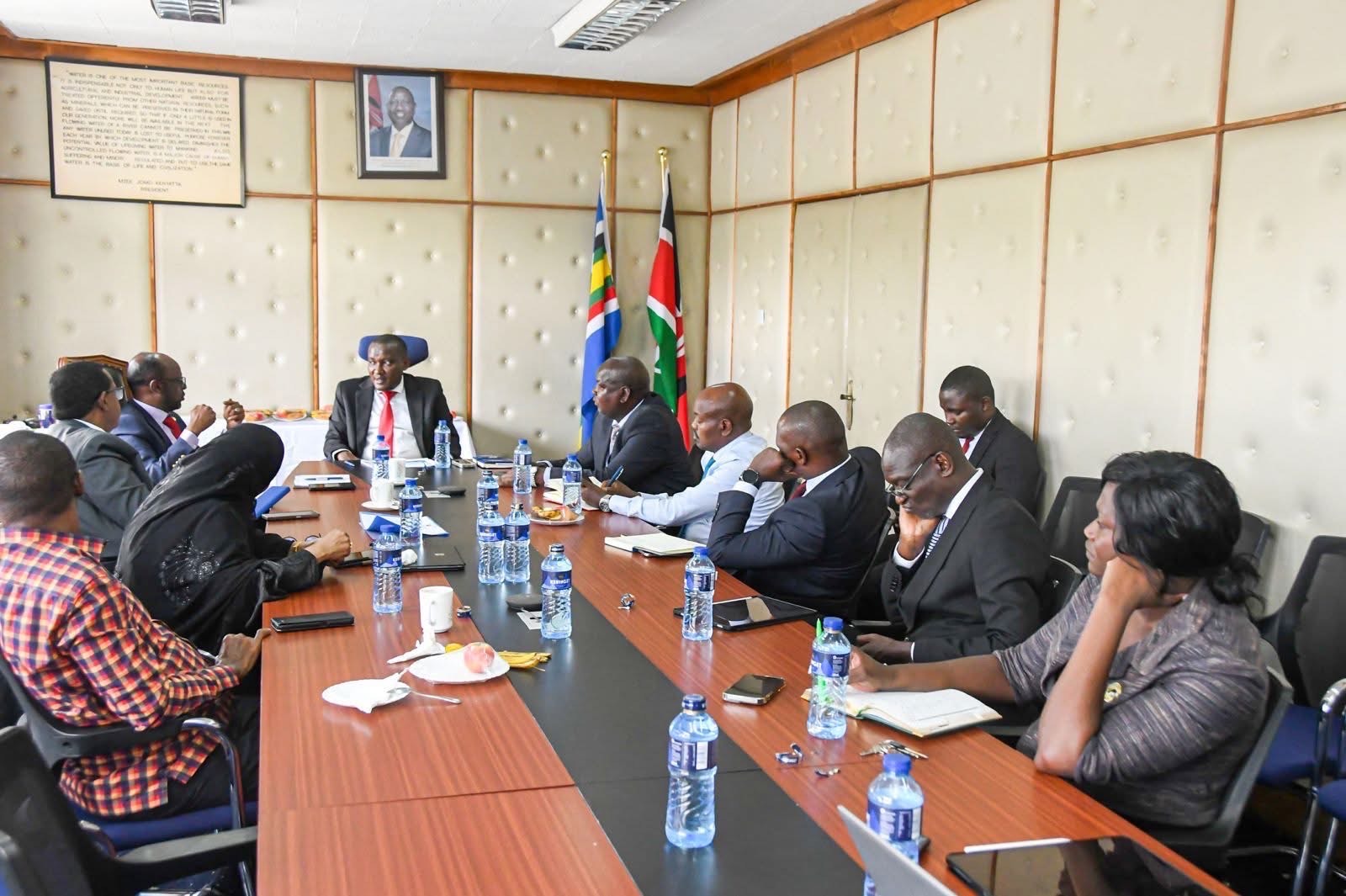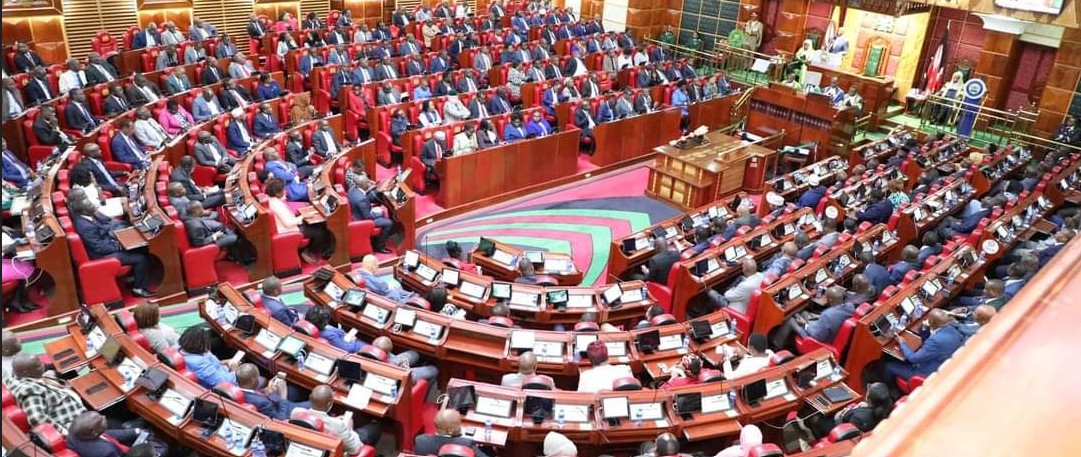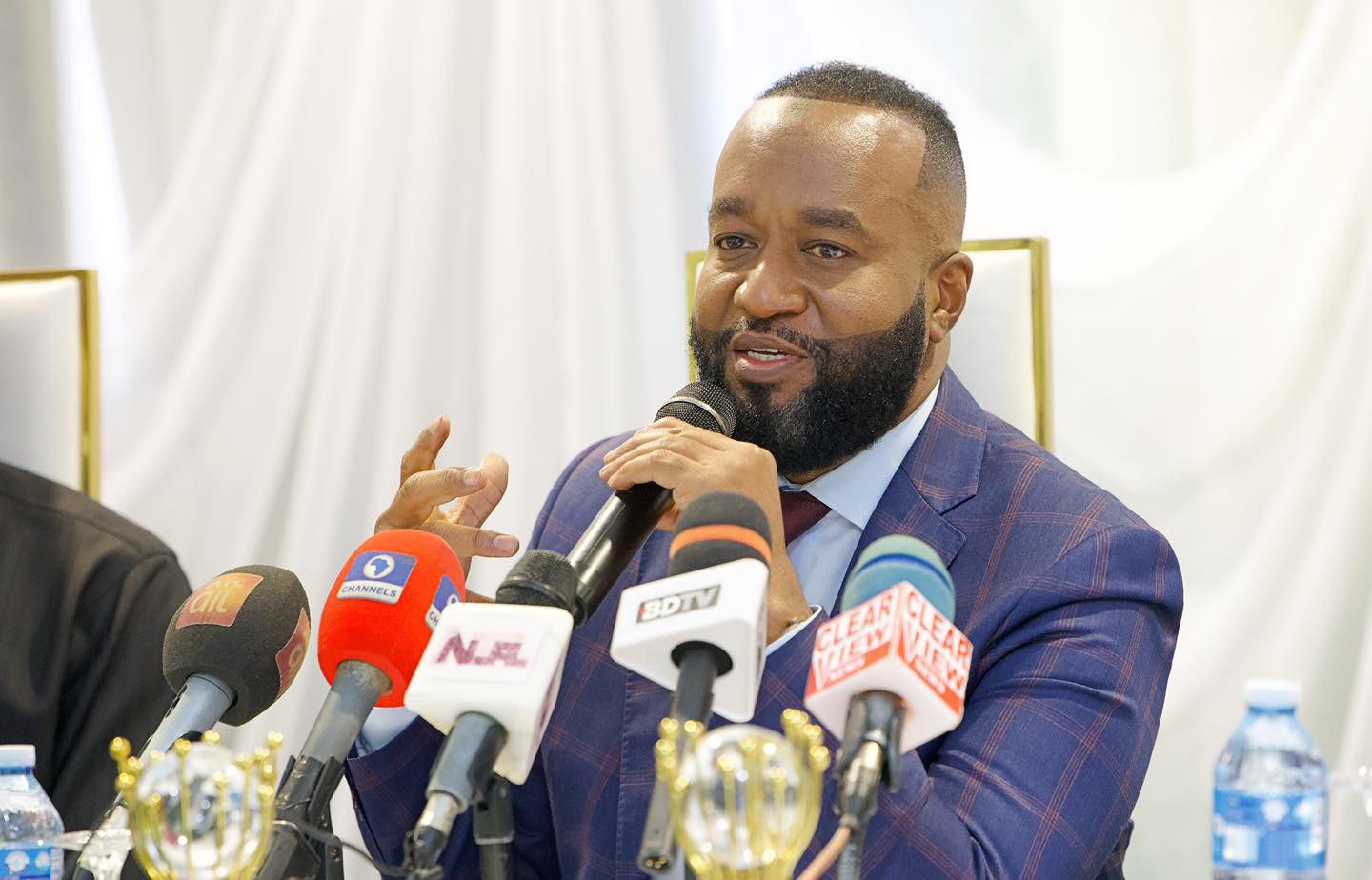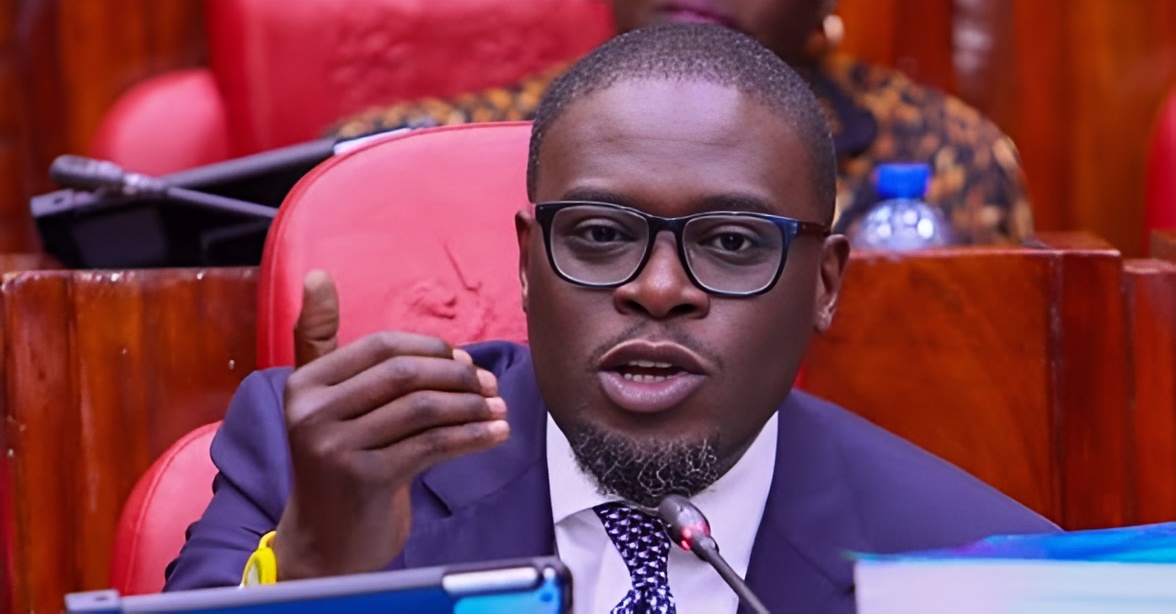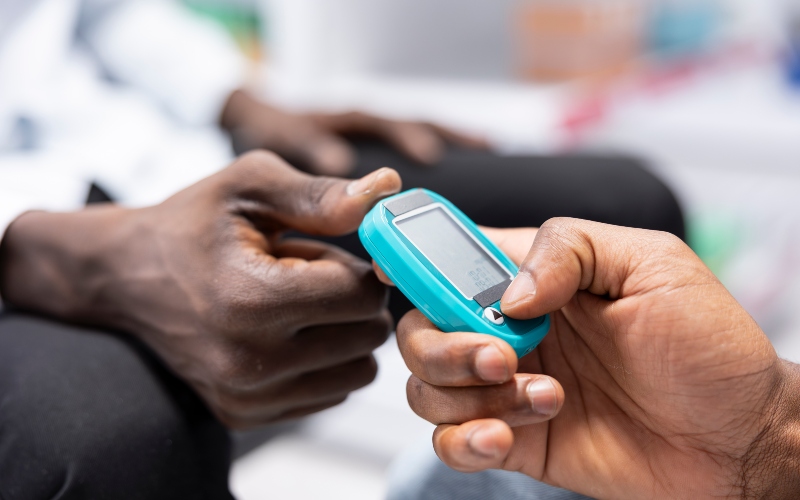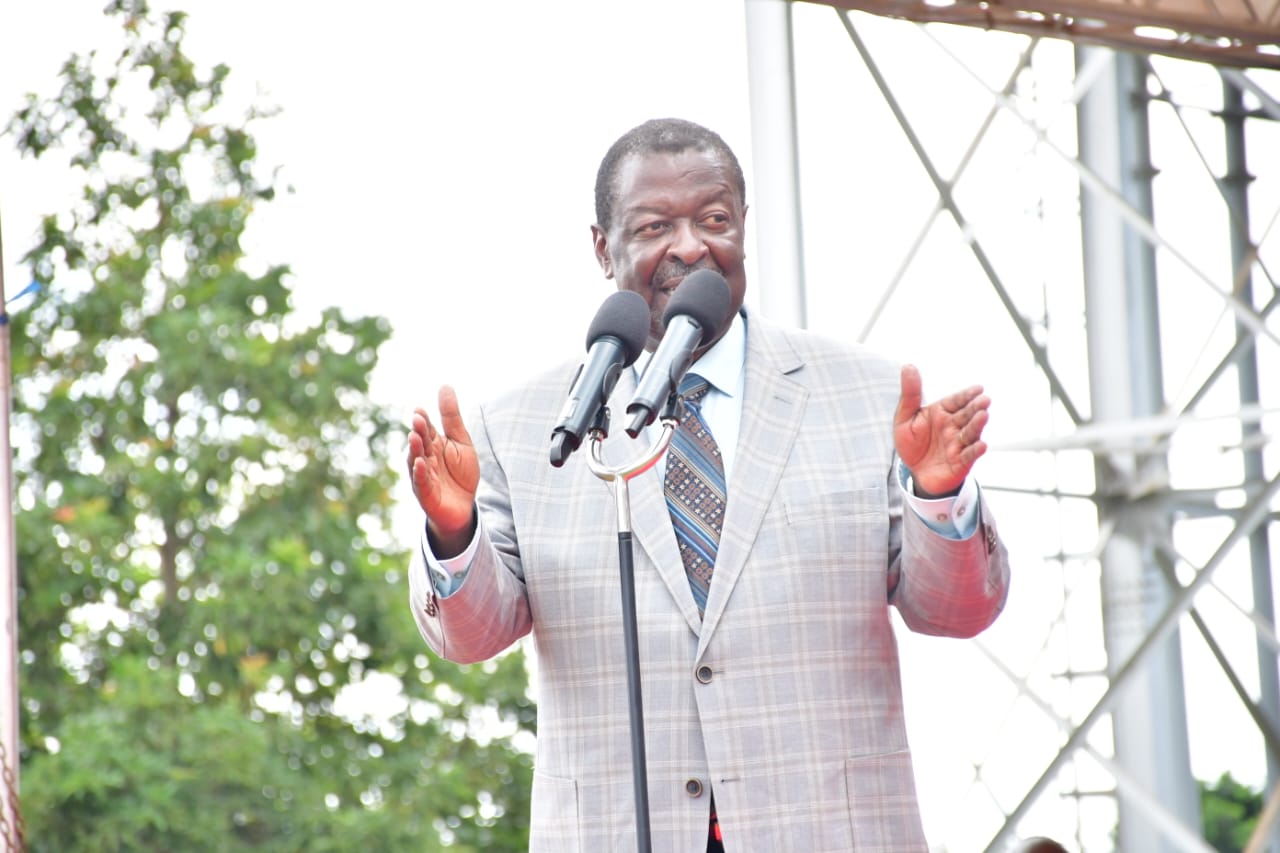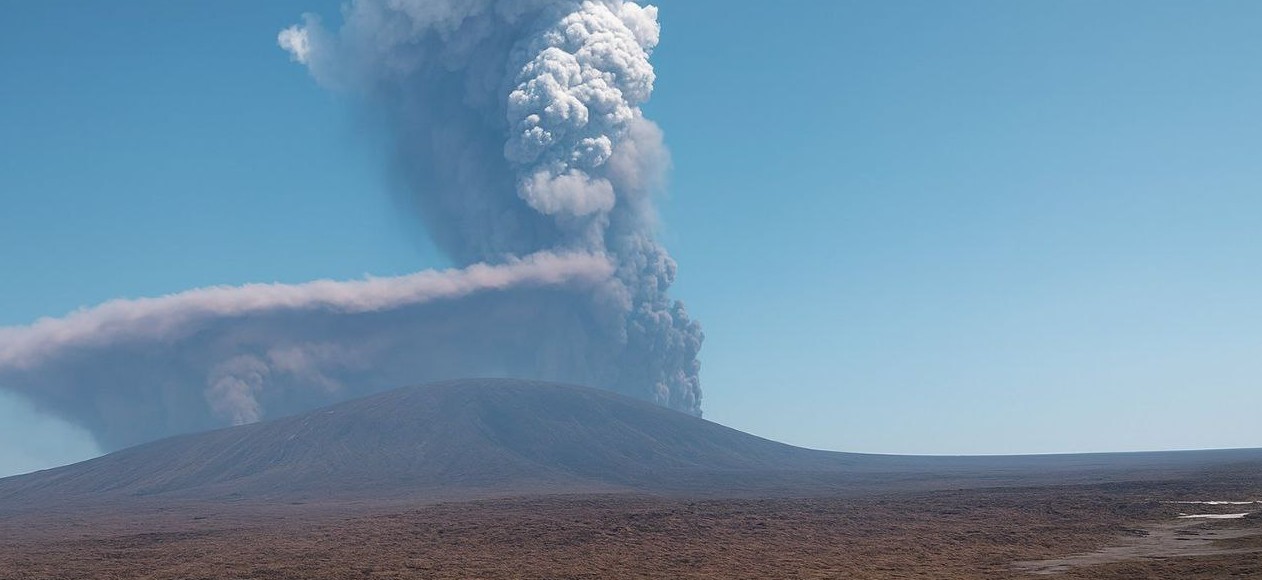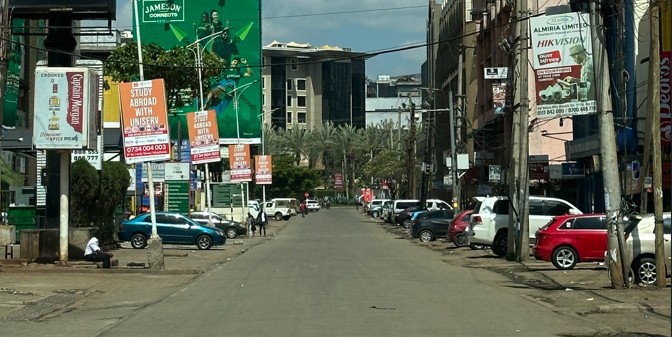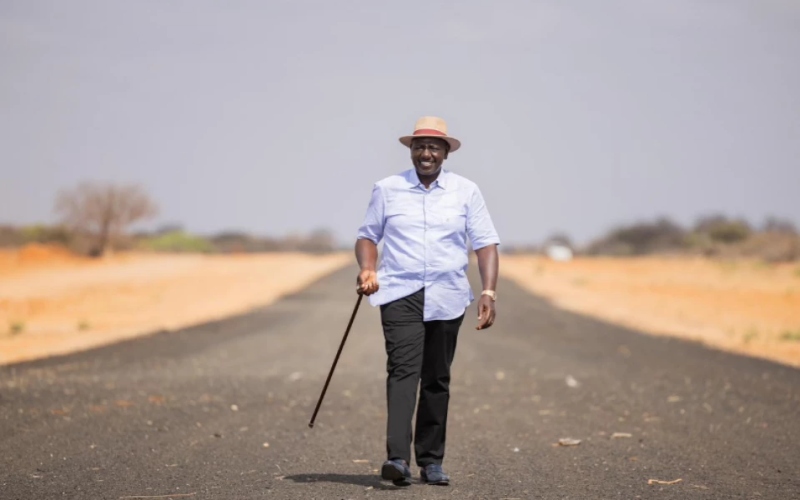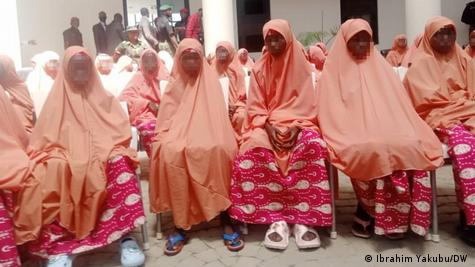Kenya pushes for harmonised regulations ahead of 2025 power trade launch
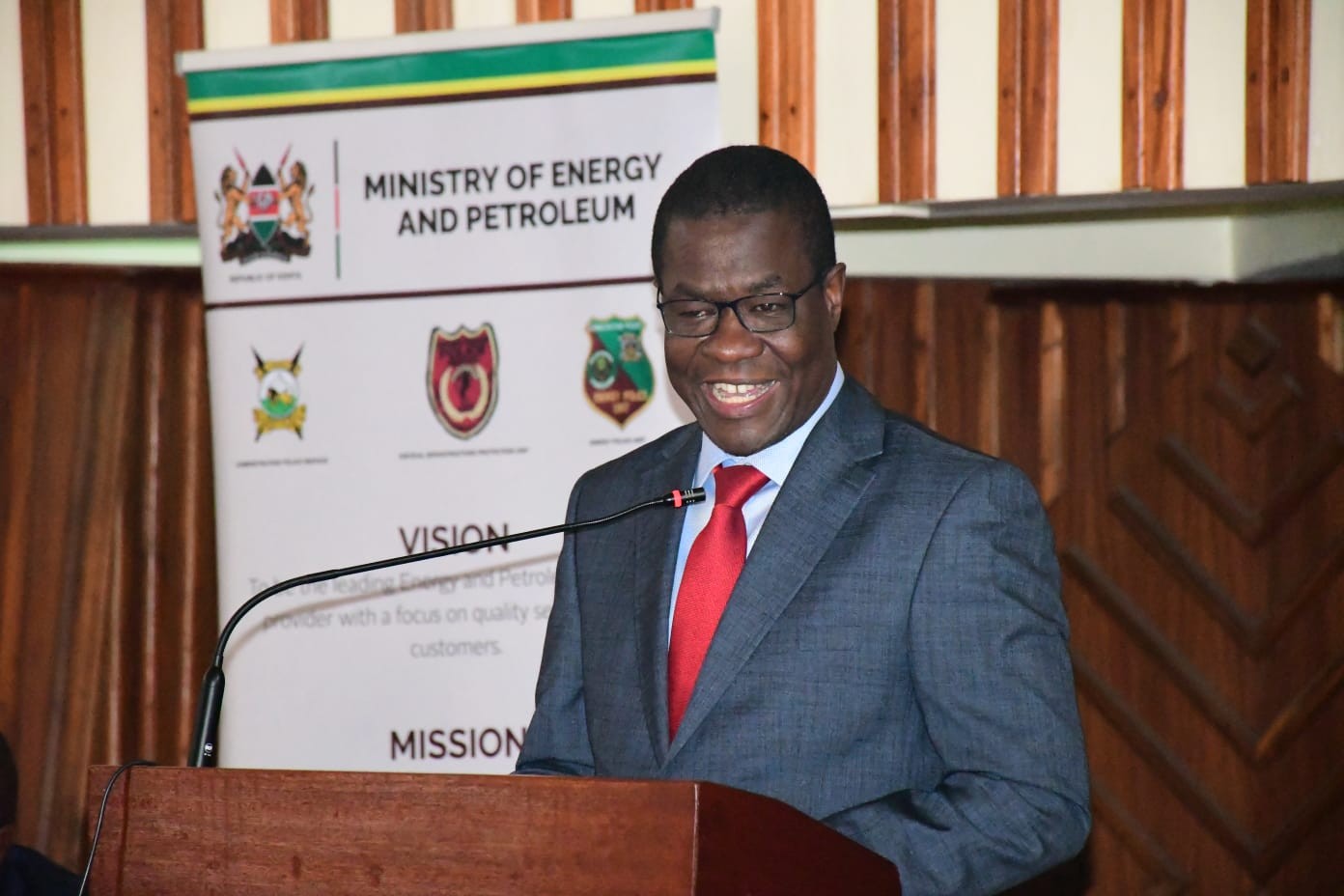
The trade, involving 13 member states of the Eastern Africa Power Pool (EAPP), will be conducted through a unified electricity trading platform.
Kenya is advocating for harmonised regulations and regional stability as it prepares for cross-border power trade set to begin in the first quarter of 2025.
The trade, involving 13 member states of the Eastern Africa Power Pool (EAPP), will be conducted through a unified electricity trading platform.
More To Read
- Kenya moves to end power shortages and lower electricity costs
- CS Wandayi, senators clash over county wayleave fees in Energy Bill debate
- Government proposes special levy on fuel, electricity to fund energy projects
- More than 90 per cent of renewable projects now cheaper than fossil fuel alternatives - report
- Energy CS Opiyo Wandayi under fire as MPs question impact of Sh1.4 trillion oil deal
- Ethiopia begins supplying electricity to Tanzania through Kenya’s transmission network
The government is also focused on addressing both technical and financial constraints as the region works towards the much-anticipated energy trade.
Speaking at the three-day Eastern Africa Power Pool (EAPP) Regional Power Trade Conference in Mombasa, Energy Cabinet Secretary Opiyo Wandayi expressed Kenya's full support for the ongoing development of a regional power market.
He noted that the initiative would enhance the reliability and sustainability of the power market, benefiting all member countries.
"Kenya fully supports the ongoing efforts to develop a regional power market, an initiative that will ensure the reliability and sustainability of the regional power market," Wandayi said.
He highlighted the progress made in developing the regional electricity infrastructure, particularly the interconnections between countries that will facilitate bilateral trading and a centralised competitive market.
For instance, Kenya's 500 kV high voltage direct current transmission line, connecting Sodo, Moyale, and Suswa, was completed in November 2022, enabling the import of 200MW of renewable energy from Ethiopia.
In addition, Kenya has finished constructing a 400 kV transmission line interconnection with Tanzania, which will allow the importation of renewable energy from Ethiopia via Kenya's transmission infrastructure.
Another significant infrastructure achievement is the 132km 400kV Lessos-Tororo line, a double circuit transmission line that evacuates up to 1,200MW from the Lessos substation in Kenya to the Kenya-Uganda border.
To support the regional power pool and the electricity trade, member states are working on establishing an Independent Regulatory Board (IRB), an energy management and pricing system, and a grid coordination unit.
Regional regulator
The CS stressed the importance of a strong regional regulator in building trust and transparency in the market.
"The existence of a strong regional regulator is paramount for increasing transparency and trust," Wandayi stated.
"As policymakers, we must create an enabling environment for this market to thrive. This includes fostering a culture of cooperation, addressing any bottlenecks in the regulatory or technical frameworks, and ensuring that our national priorities align with regional goals," he added.
Echoing Wandayi's sentiments, the EAPP Council of Ministers reaffirmed the commitment of member countries to create the institutional mechanisms, processes, and platforms required for the launch of an efficient regional power market.
The council's chairperson, Okasai Opolot, said there is a need for alignment between regional and national policies to achieve a seamless transition to a unified market framework.
"Aligning regional and national policies is key to achieving a seamless transition to a unified market framework," Opolot said.
"By championing the benefits of regional integration, lower costs, enhanced resilience, and accelerated renewable energy development, we can inspire the collective action needed for sustainable progress."
Regional energy ministers discussed the benefits of using a market-driven approach to boost power trade, share best practices, and outline the roadmap for the market launch.
The upcoming EAPP power trade will enable member countries to harness the region's vast low-cost renewable energy resources, improving electricity access, reliability, and affordability.
As the region finalises the comprehensive market rules and agreements, the technical design of the market trading platform is also nearing completion.
EAPP Secretary General James Wahogo highlighted that the power market is being designed to accommodate national differences while aligning with international standards.
"The EAPP power market is designed for adaptability, accommodating national differences and aligned with international standards," Wahogo said.
The member states of the EAPP include Kenya, Tanzania, Uganda, Sudan, South Sudan, Burundi, DR Congo, Djibouti, Ethiopia, Egypt, Somalia, Rwanda, and Libya.
Top Stories Today
